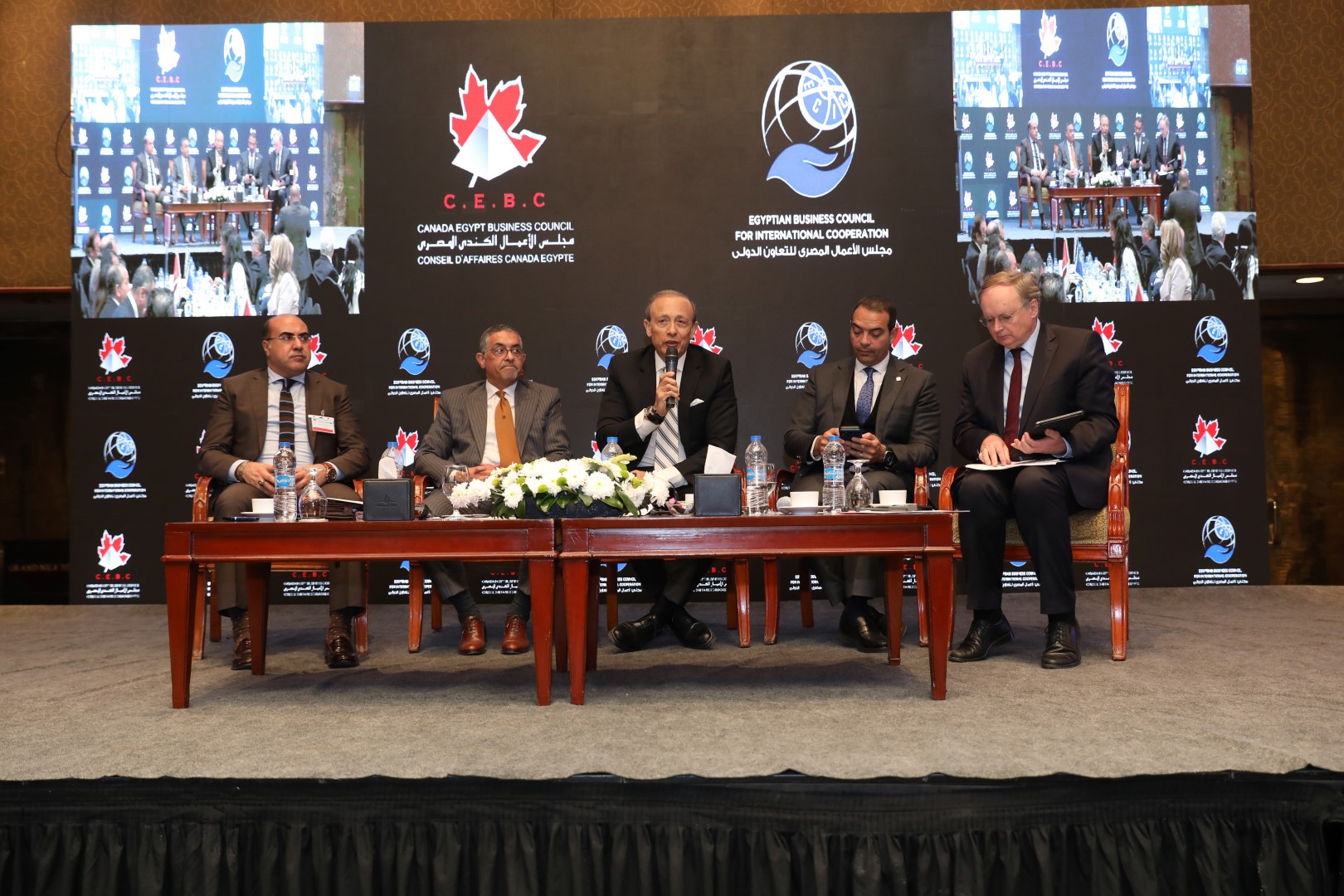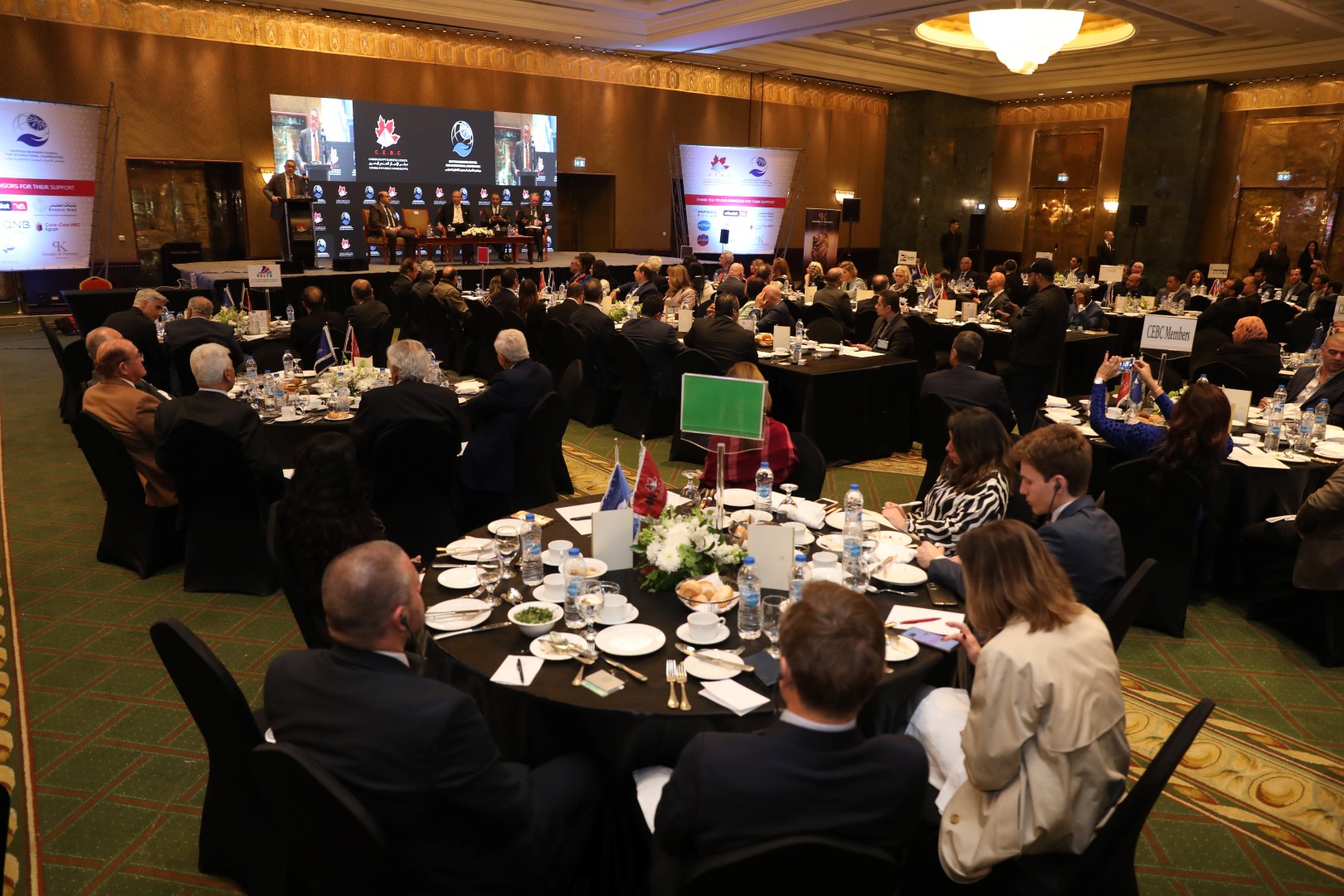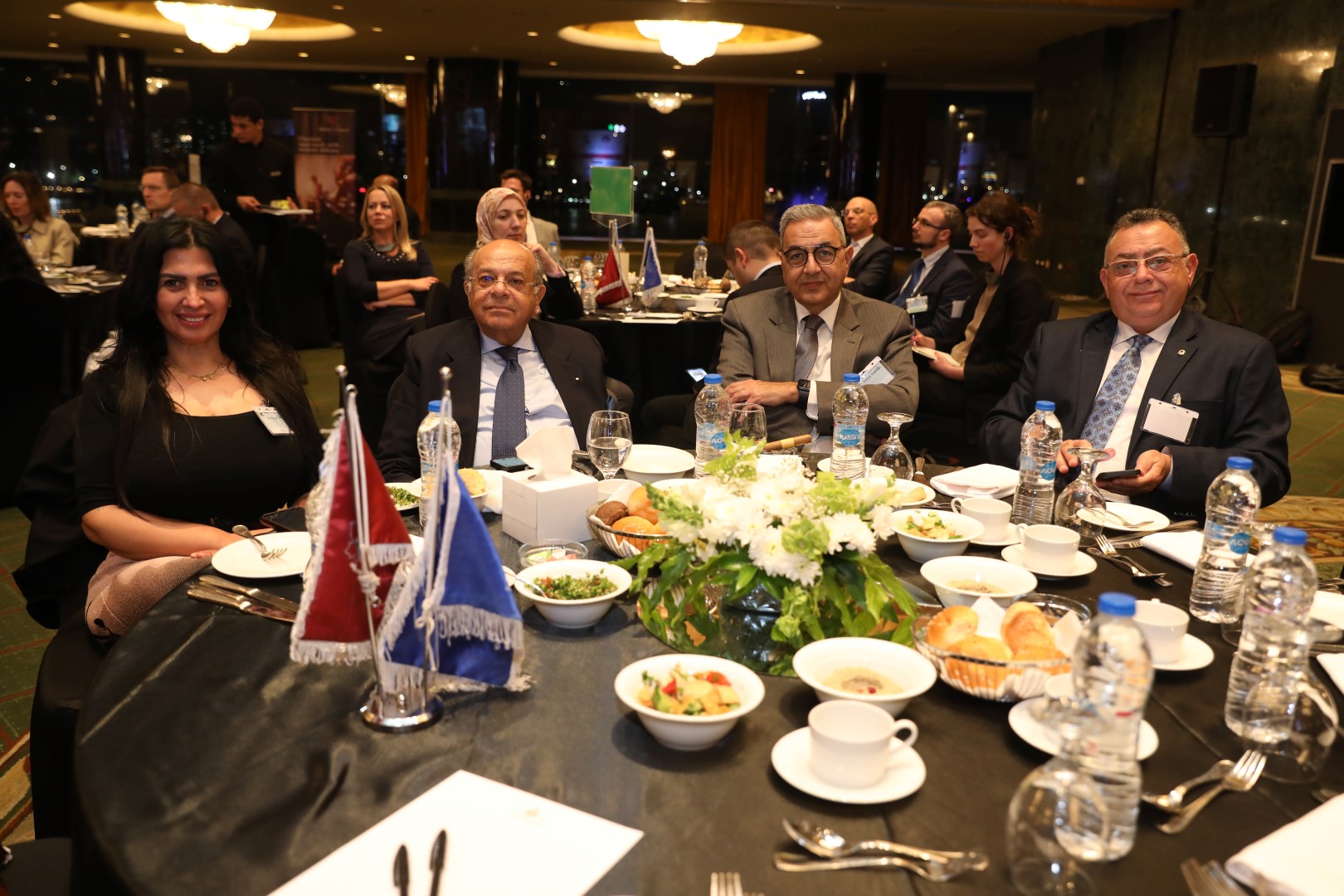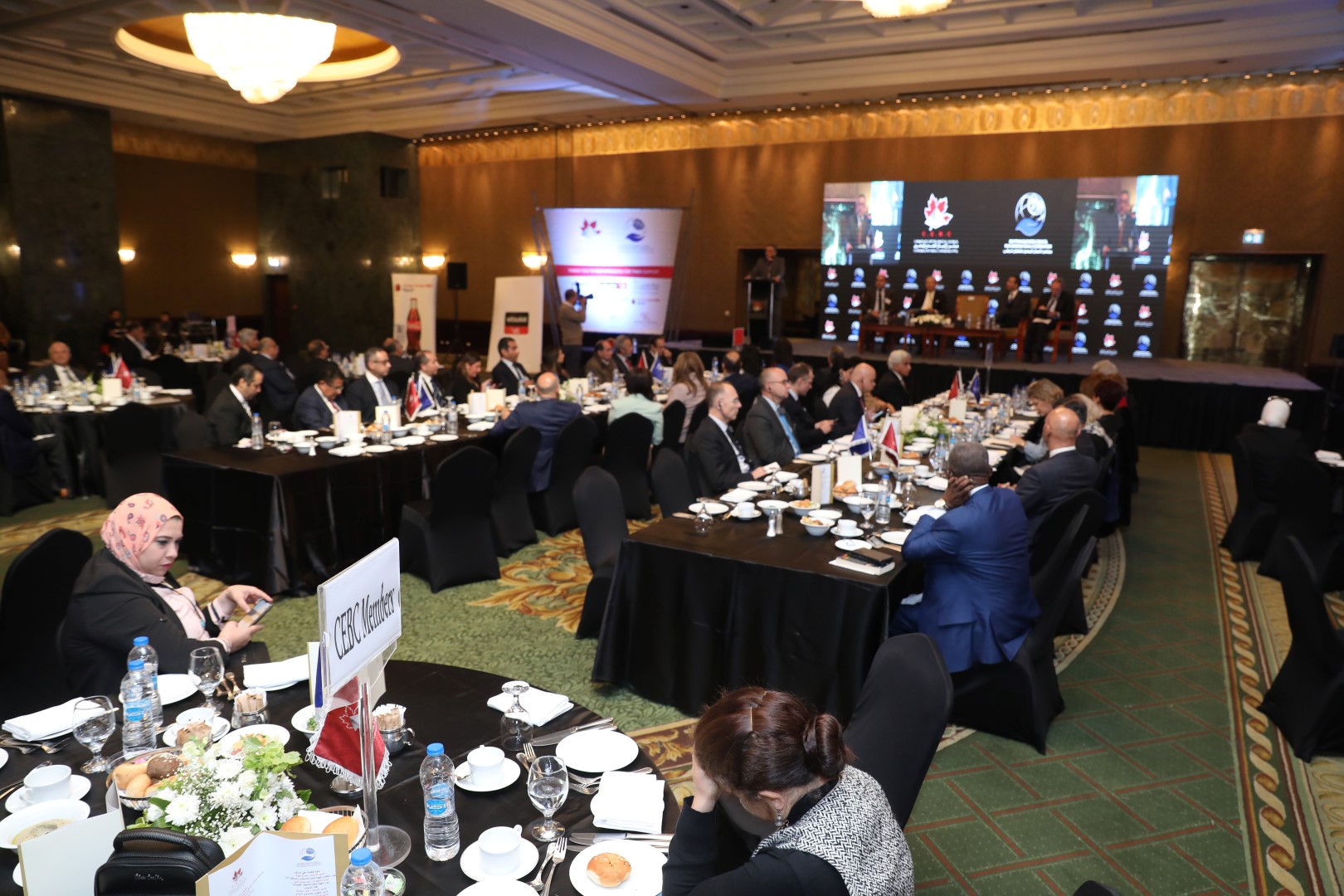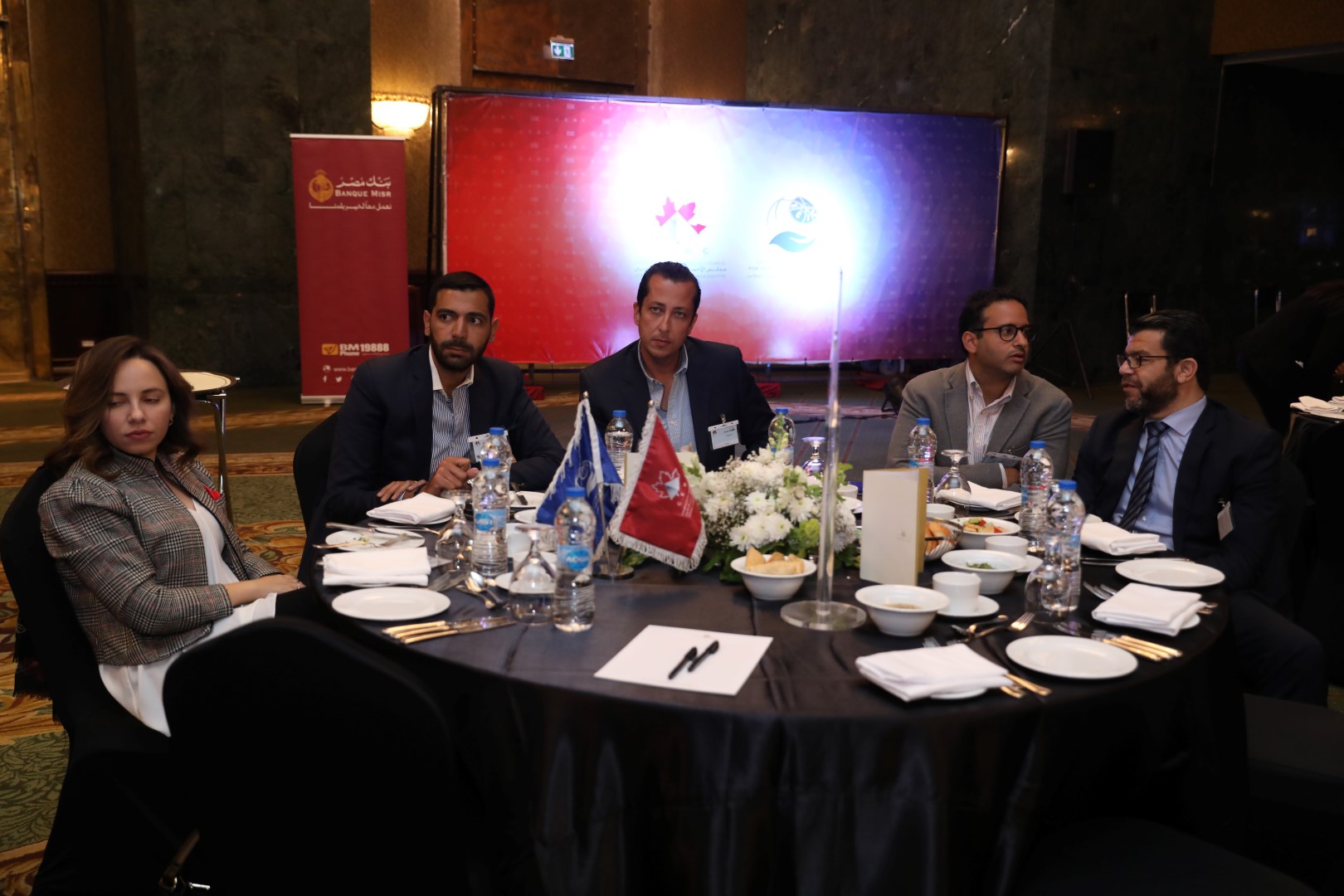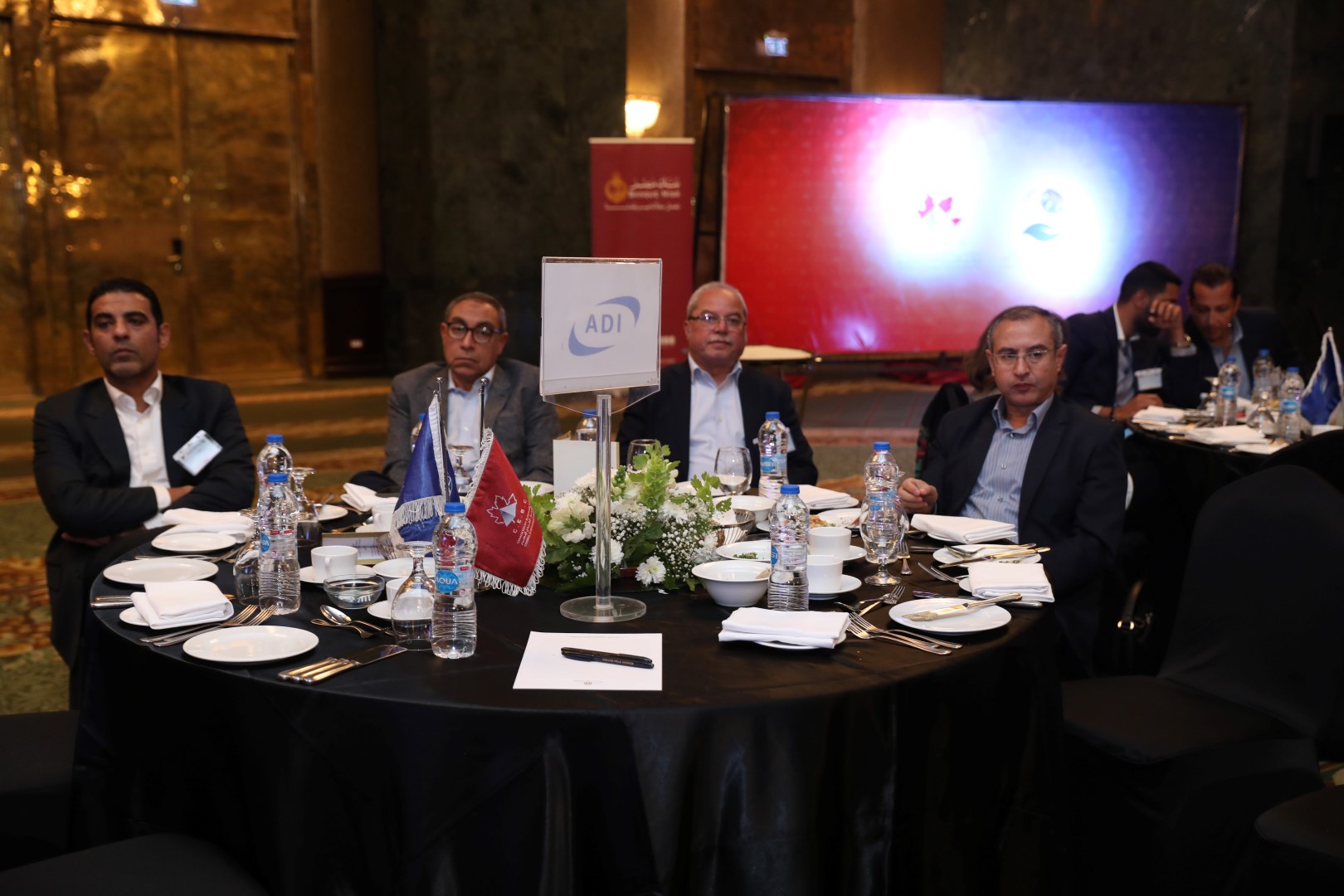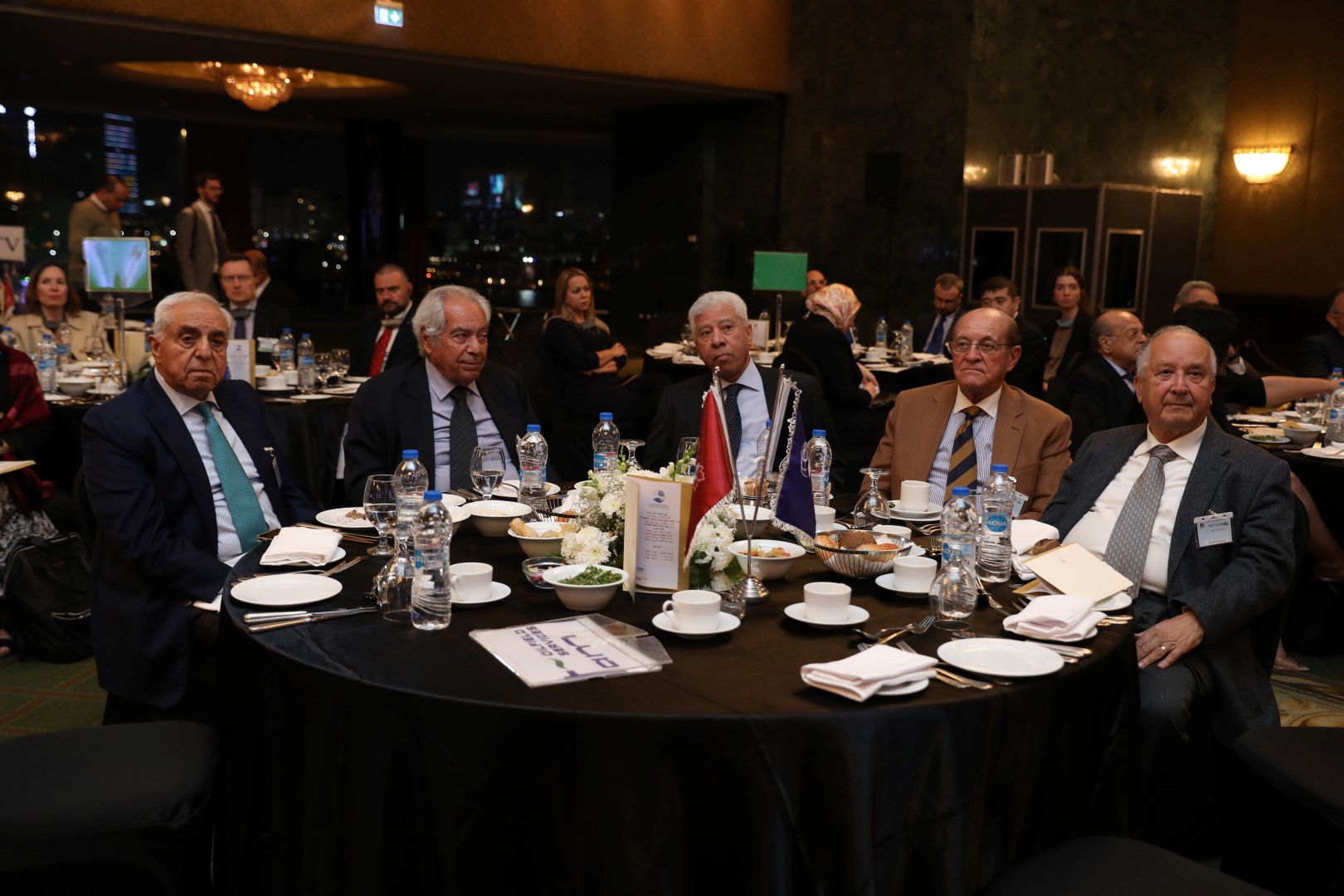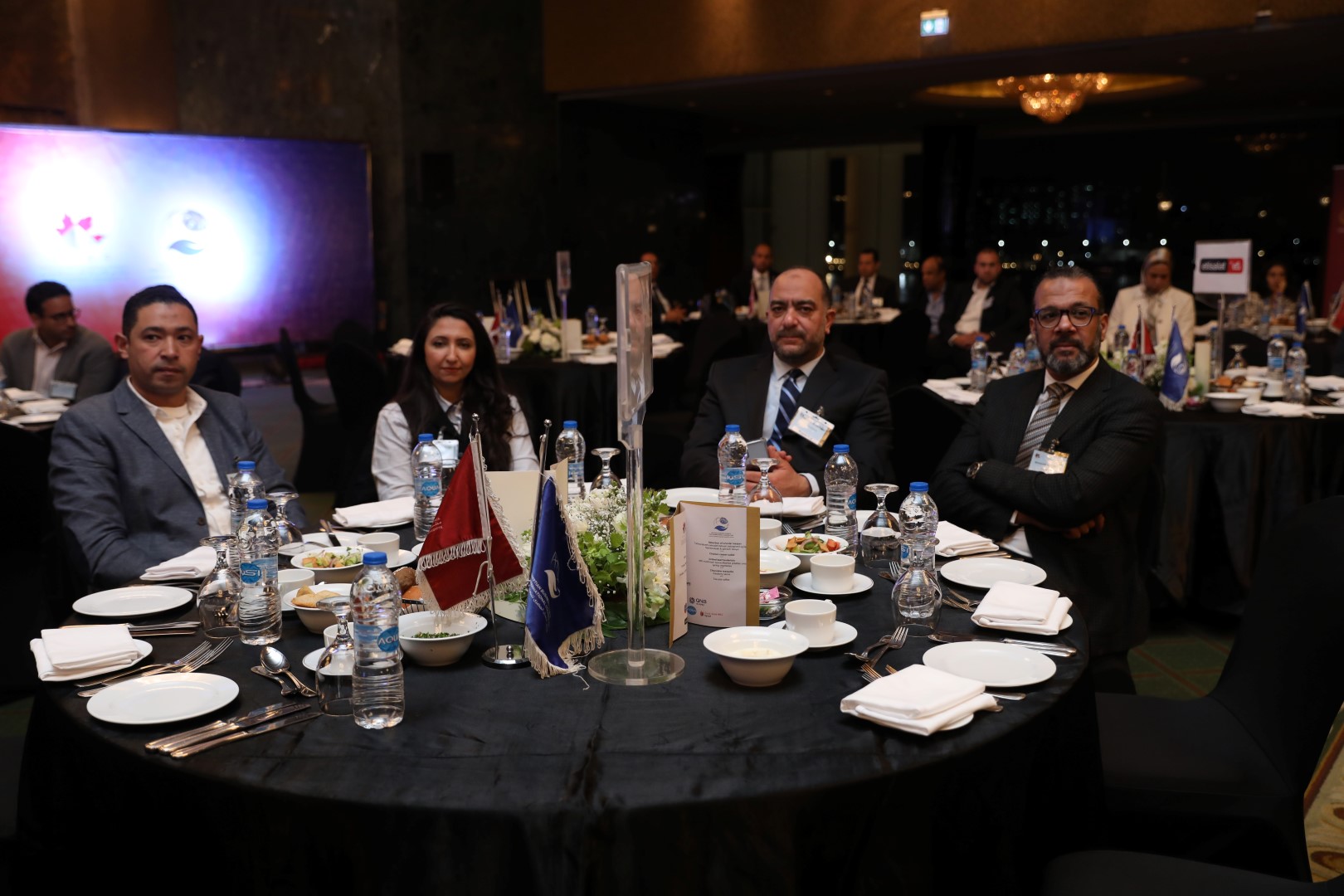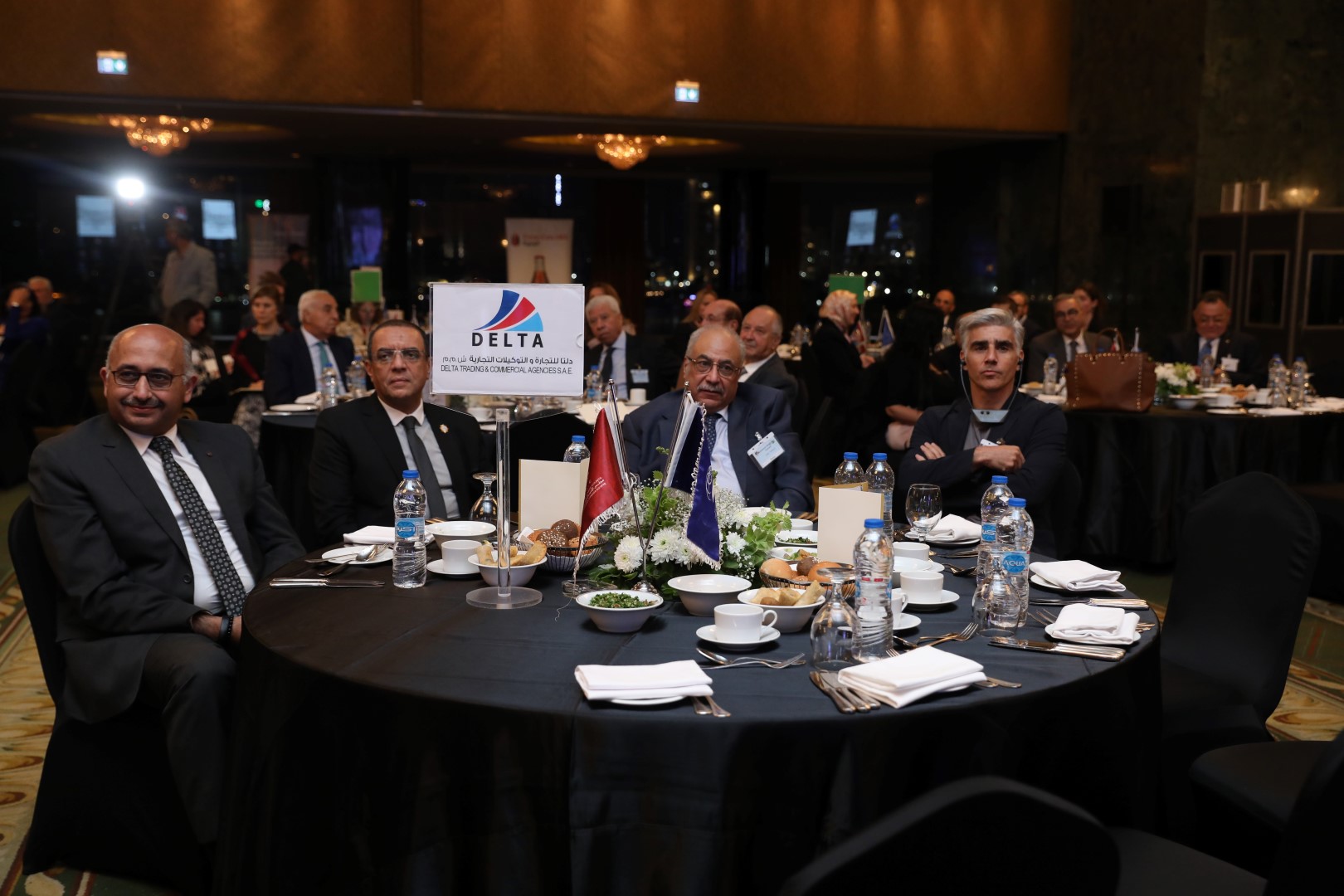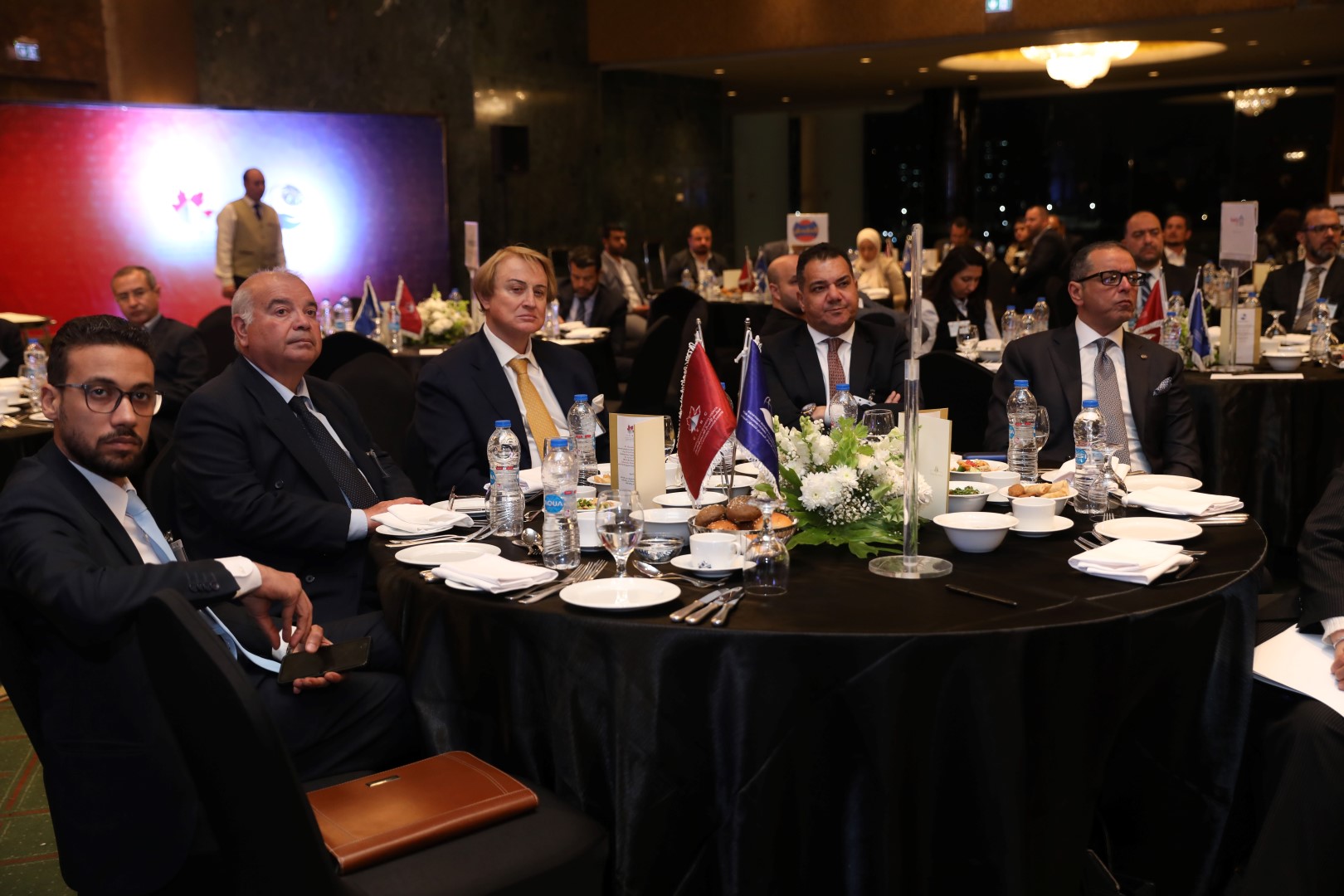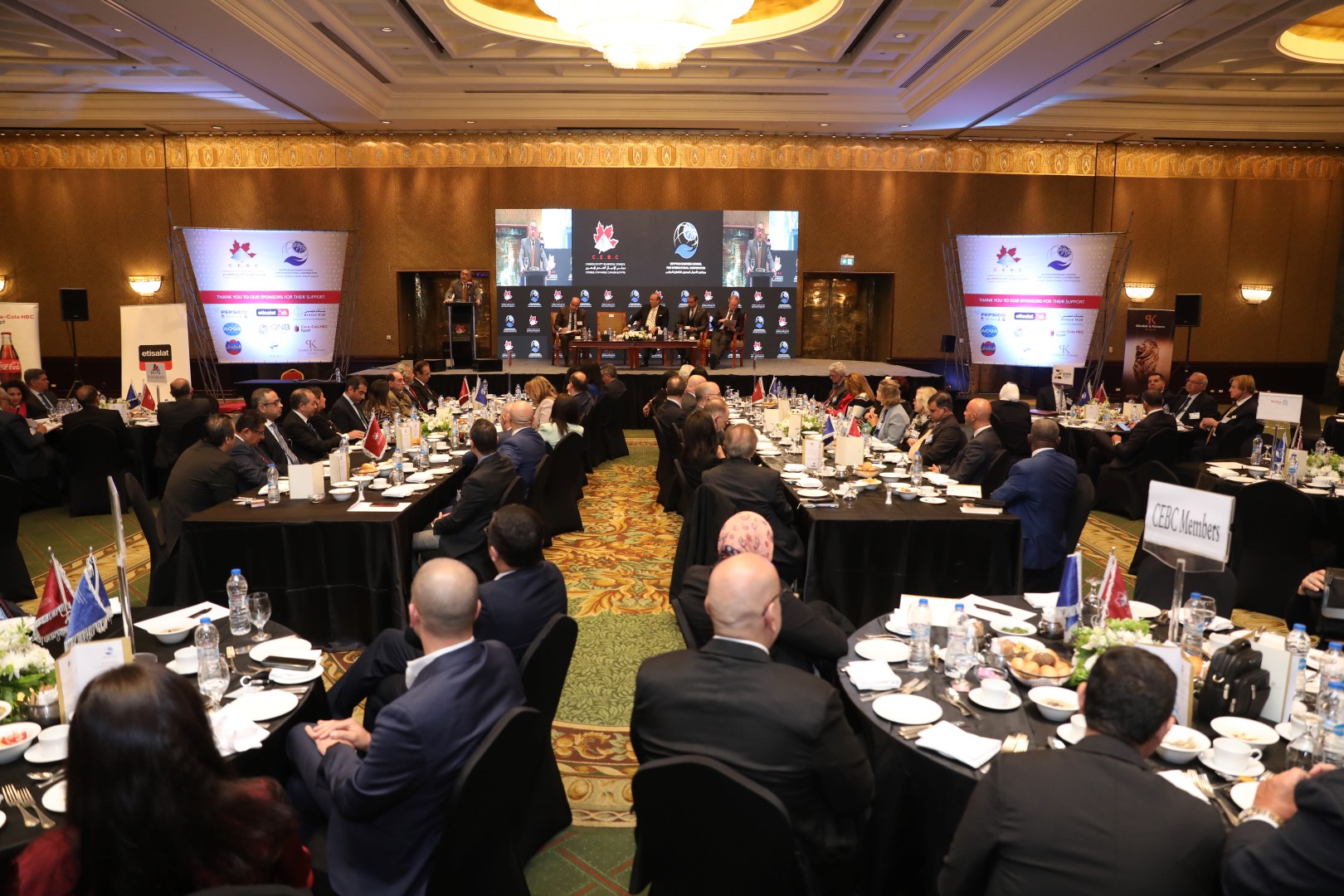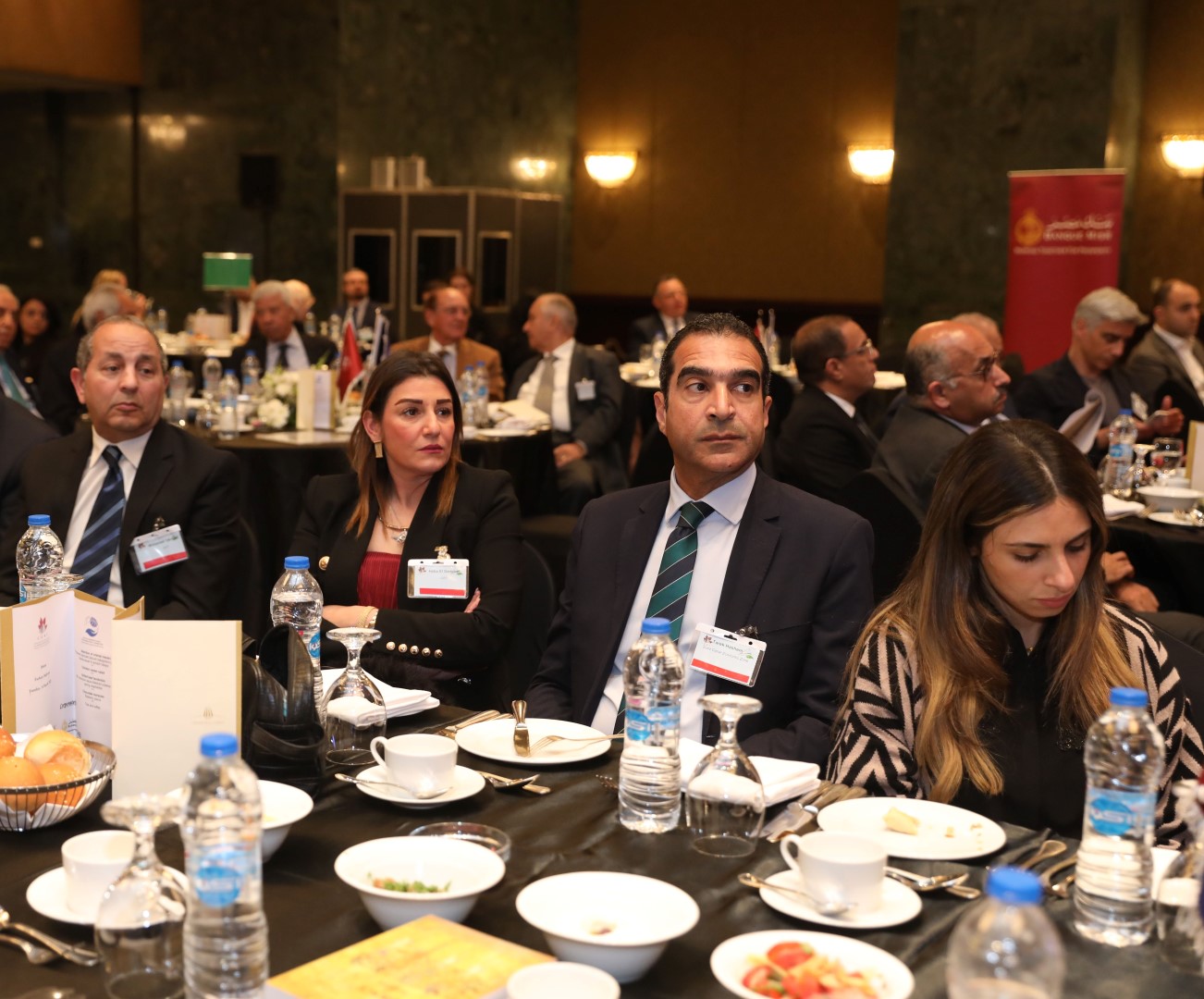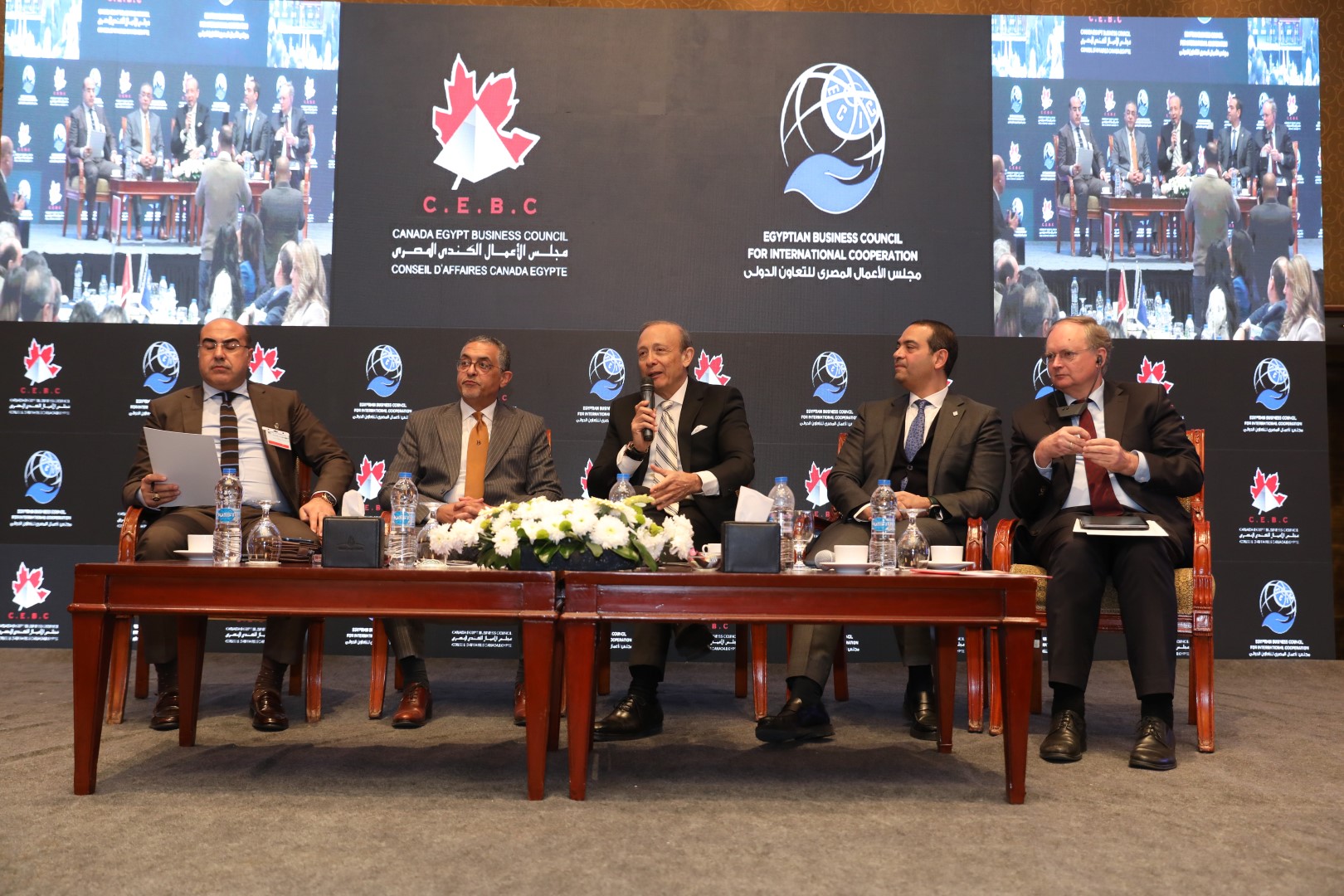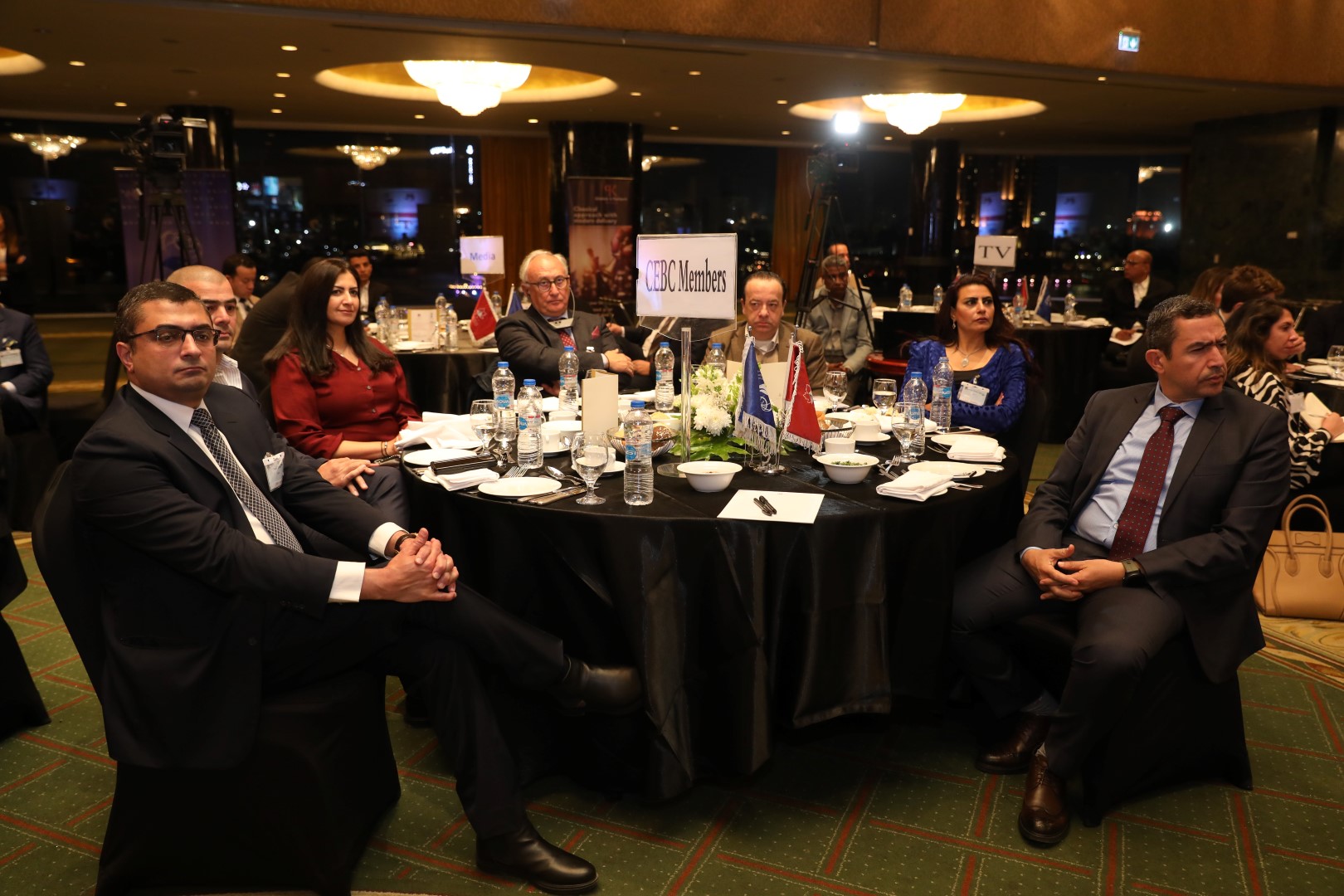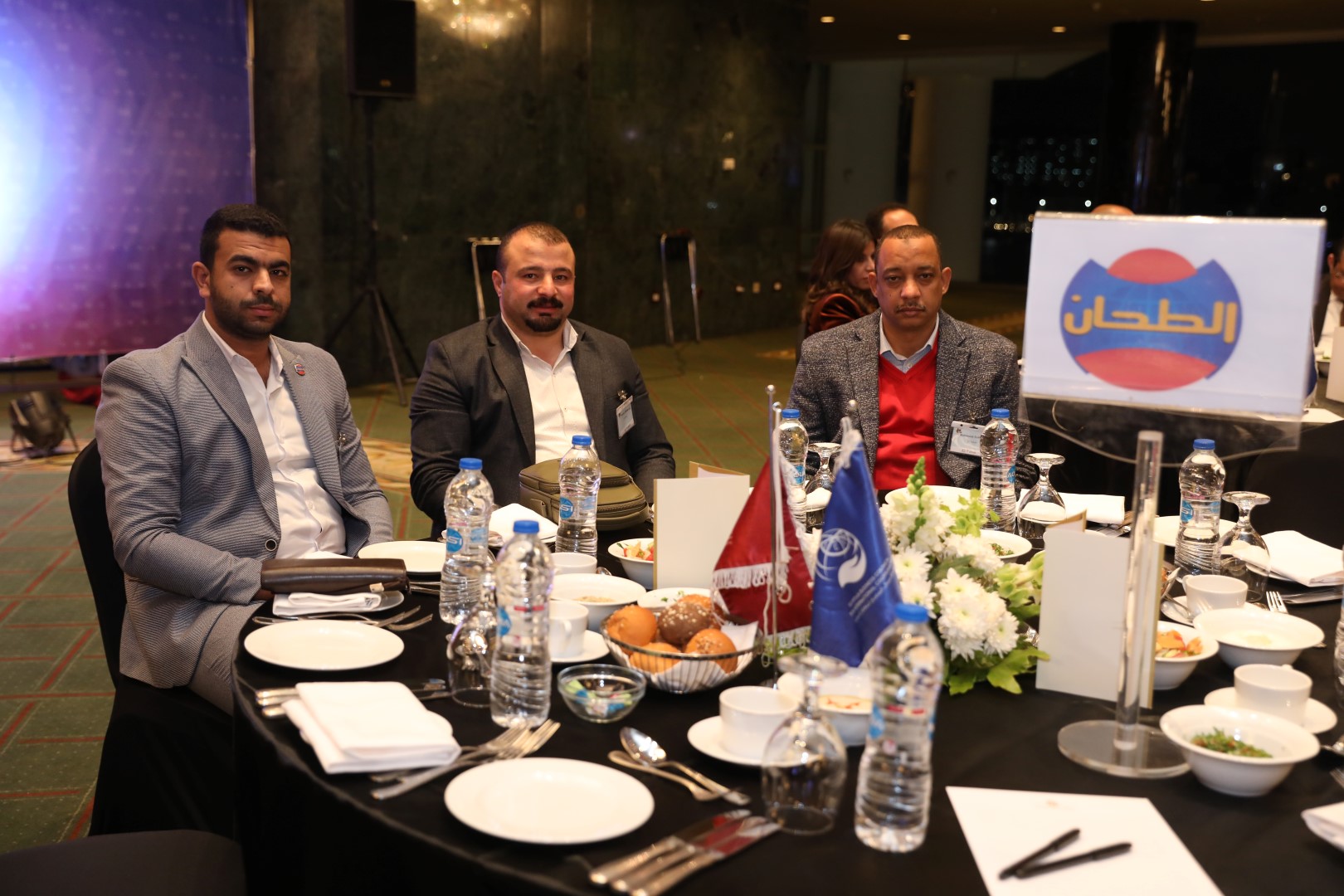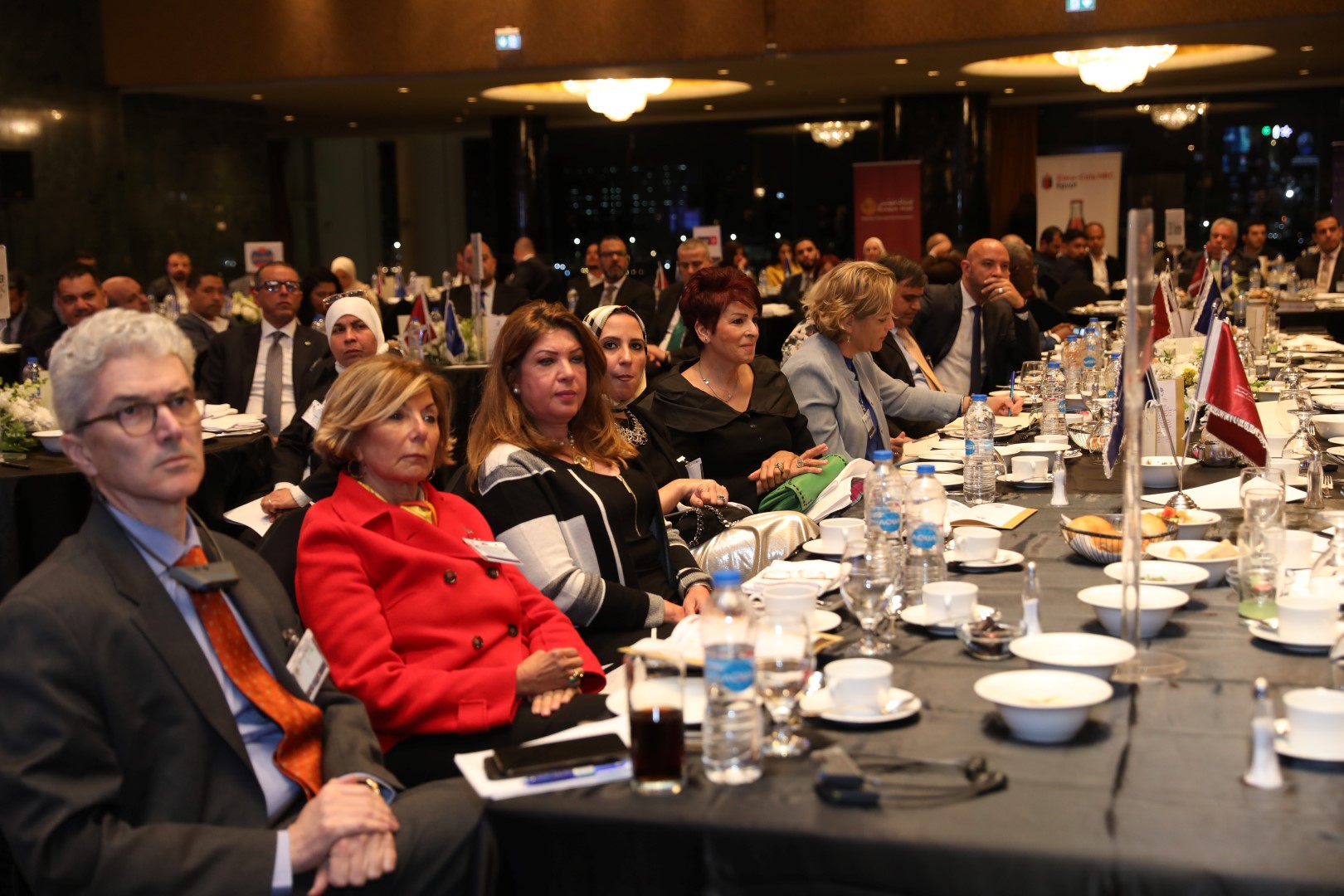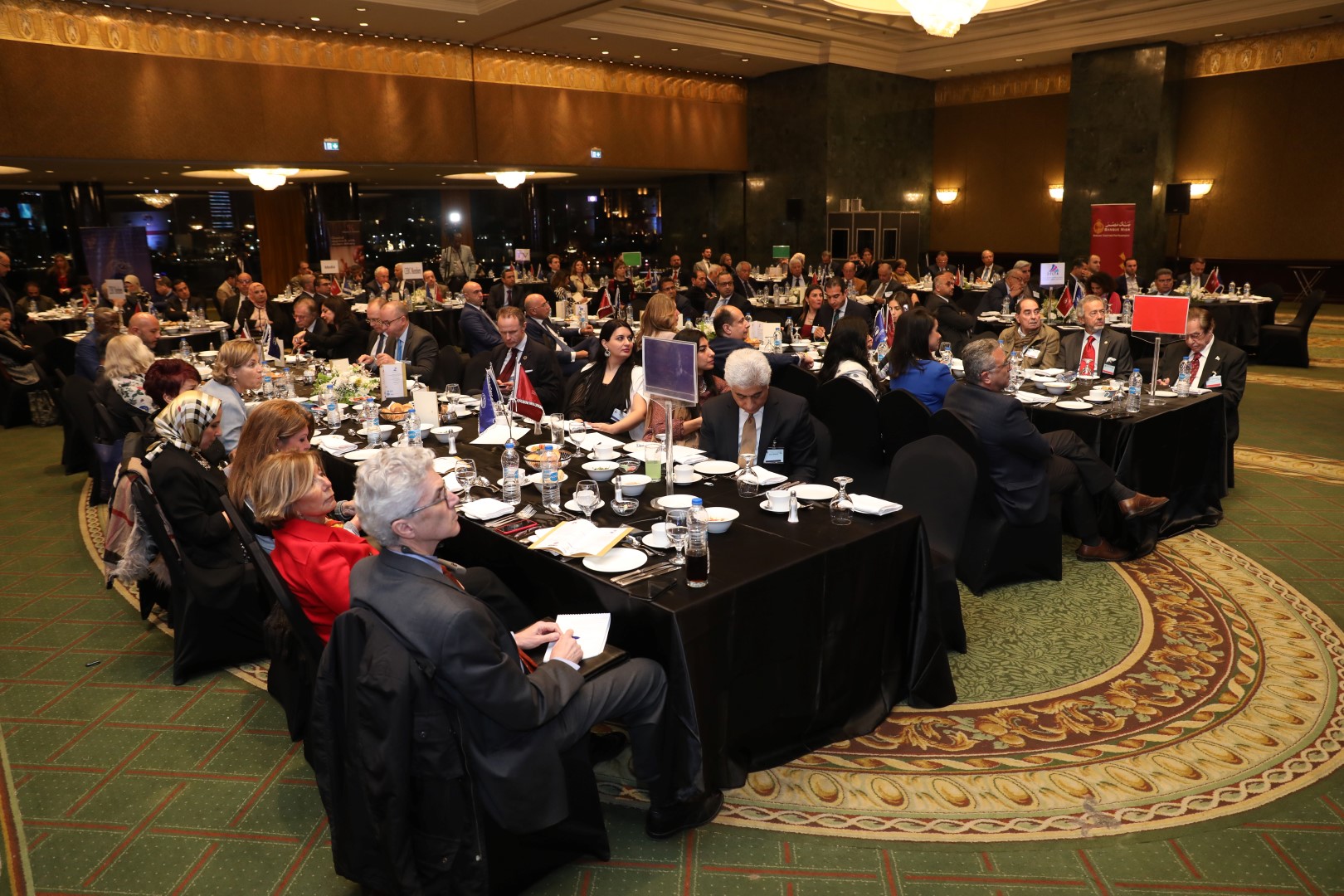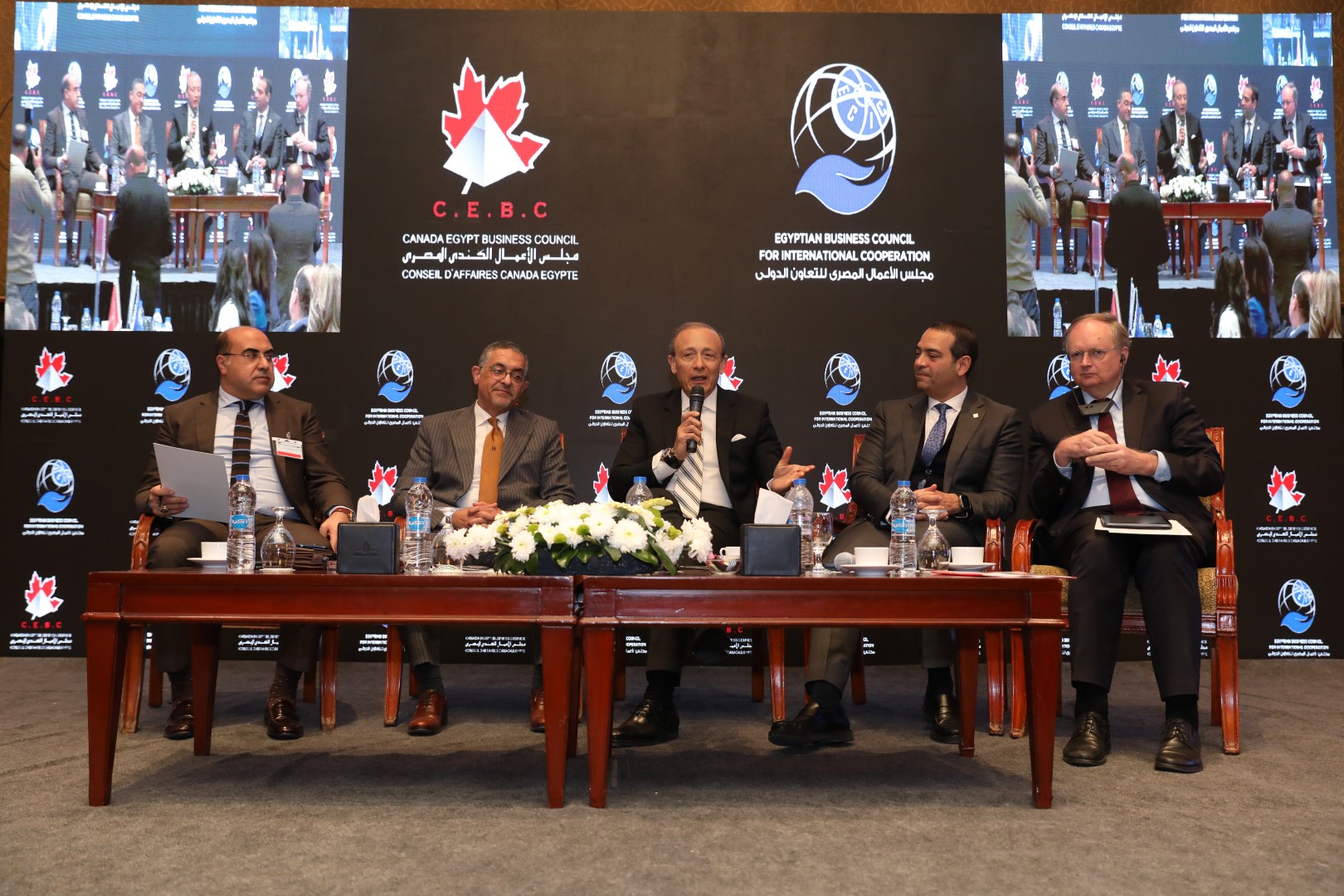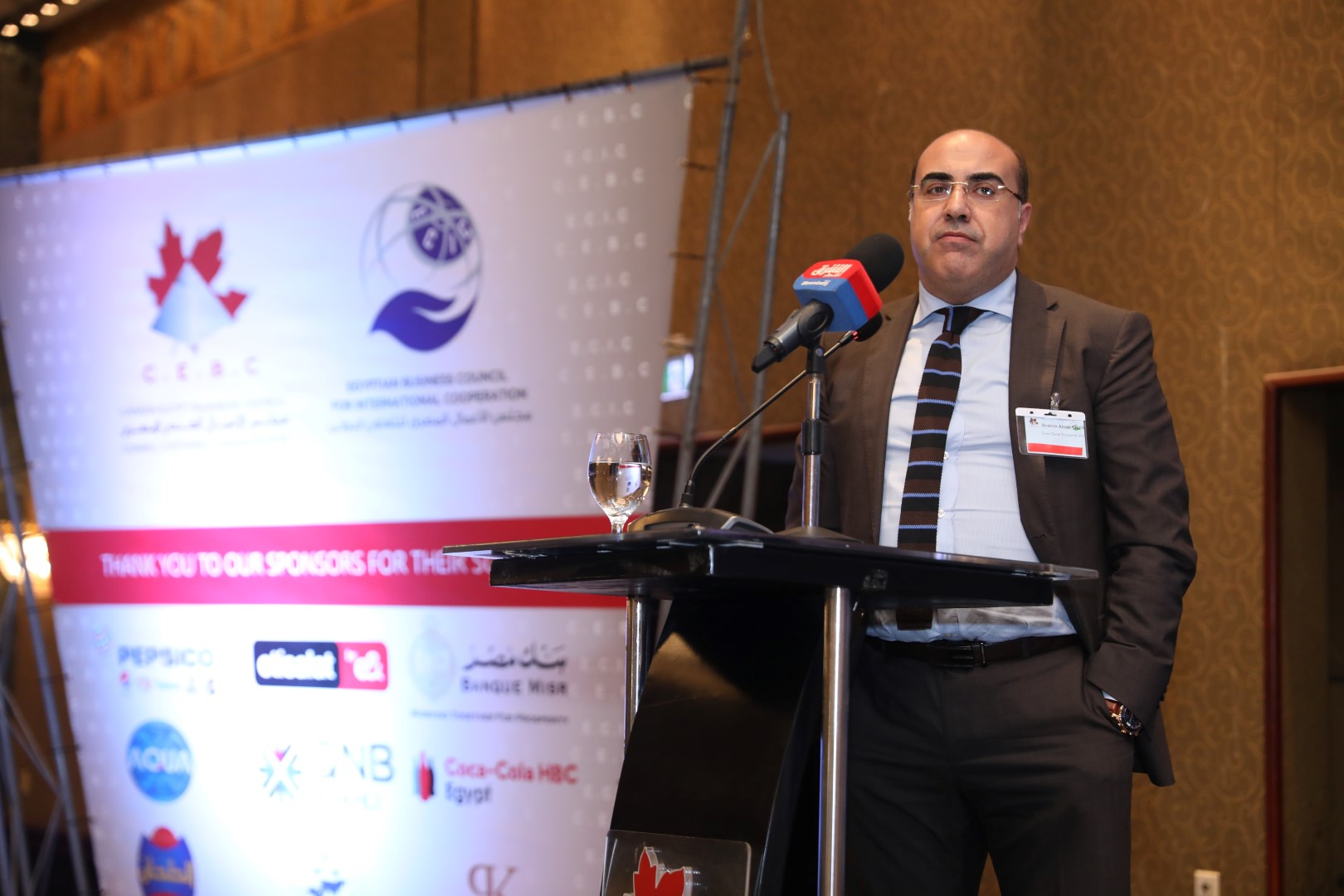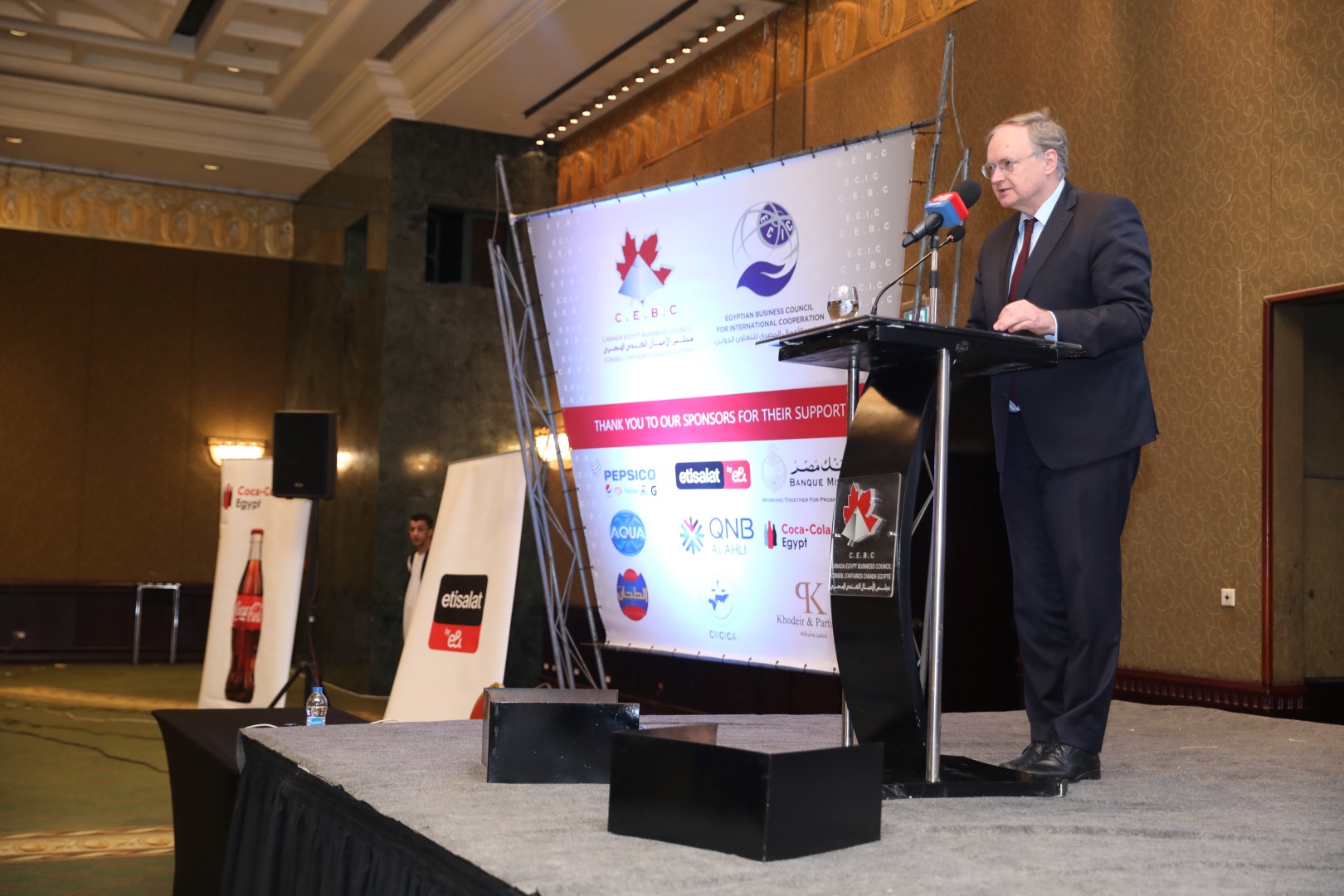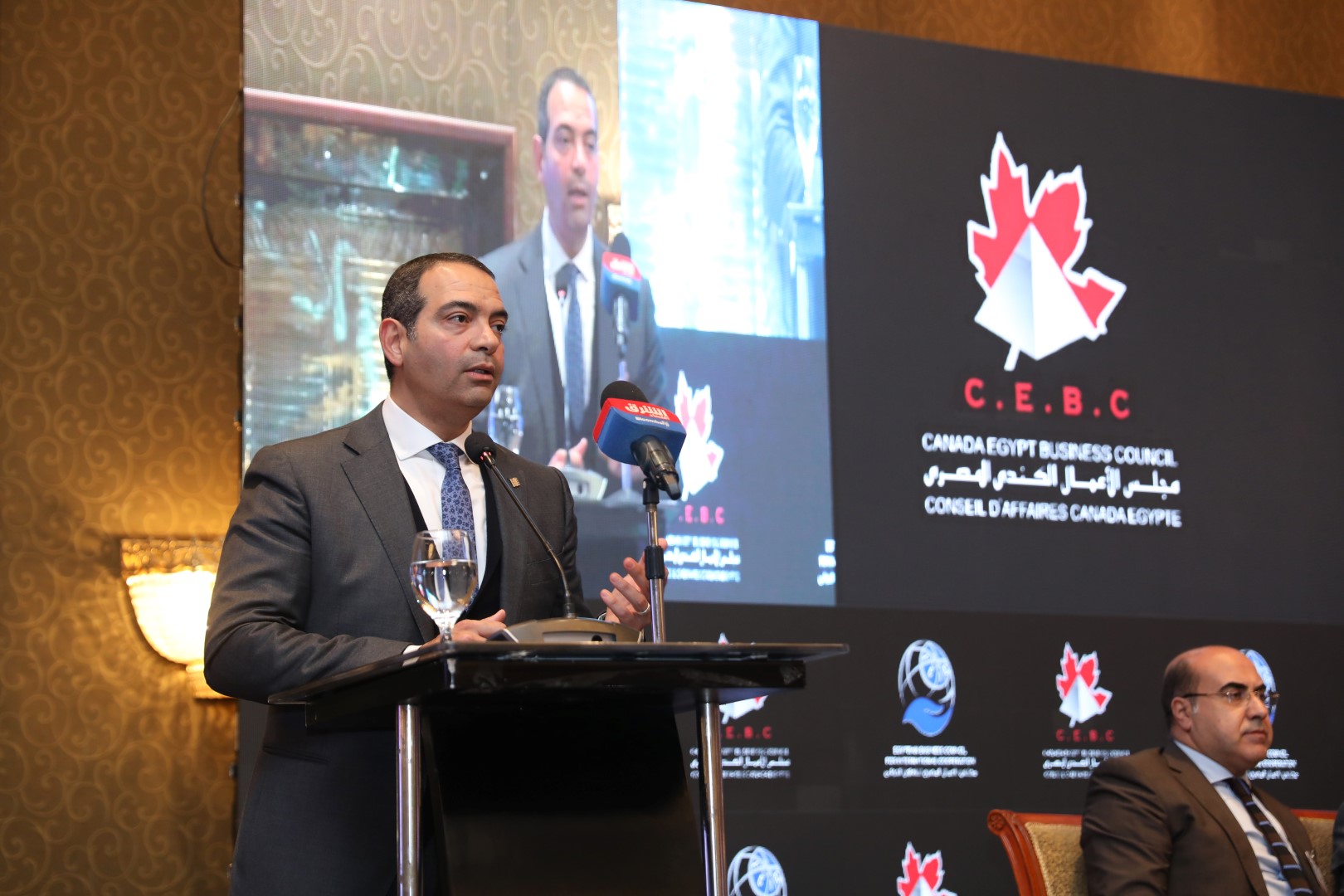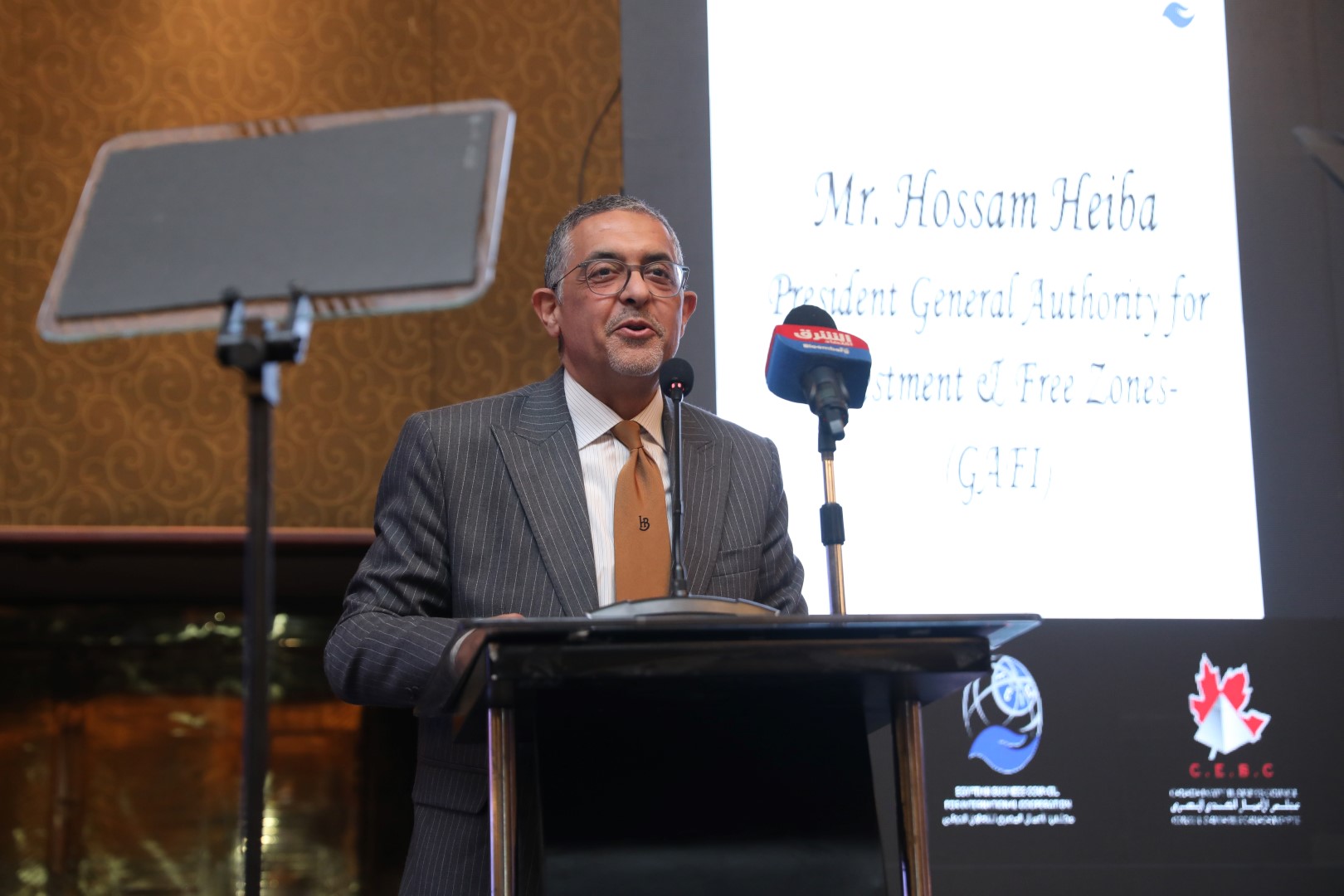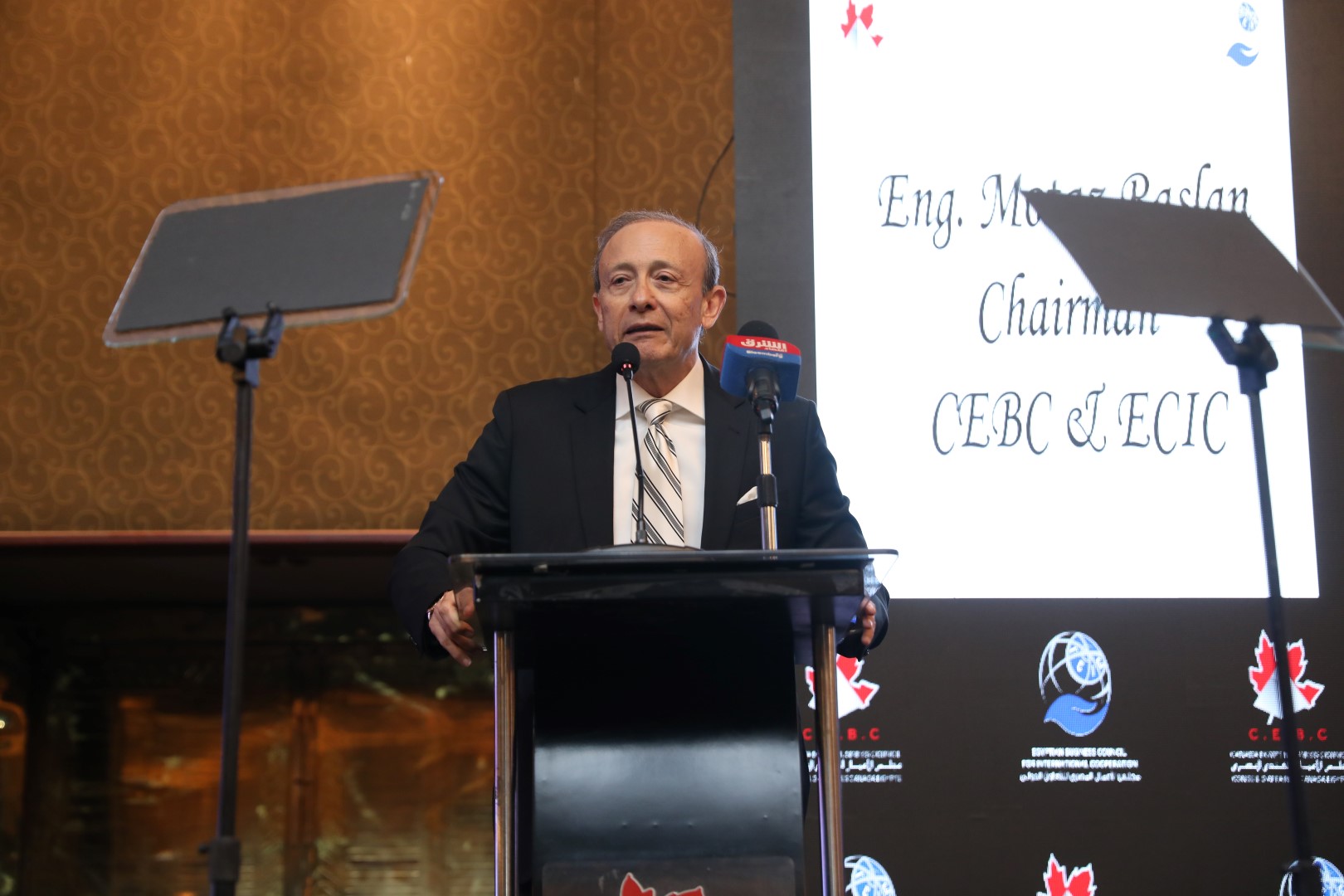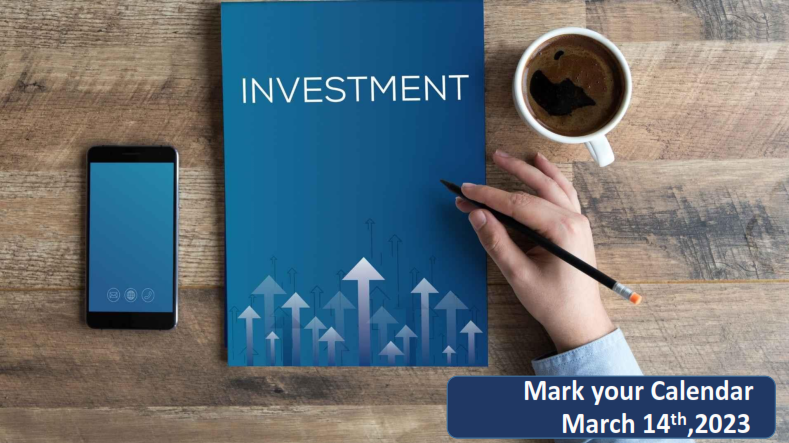
Date
Speaker(s)
Invitation
Description
The Egyptian economy has faced great challenges during the past years, affected by the repercussions of the Corona pandemic, and the Russian-Ukrainian war, which affected the flows of foreign direct investment. Accordingly, the government adopted ambitious plans and programs to develop and improve the investment climate, and put the opportunities and prospects that Egypt enjoys on the global investment map. The efforts included plans and initiatives to amend the legislative environment and provide packages of facilities and incentives for investors, as well as campaigns and tours to promote investment opportunities in various sectors, to attract more investments. To learn about the fruits of these efforts and the most important opportunities available for investment in the Egyptian market, as well as the most significant challenges facing the flow of investments in Egypt.
The Canada Egypt Business Council and the Egyptian Business Council for International Cooperation held a symposium entitled “Investing in Egypt … Opportunities and Challenges”.
In his opening remarks, Mr. Motaz Raslan chairman of CEBC and ECIC mentioned that Egypt has recently taken important steps and provided many incentives in order to create a stable environment for investment in all sectors, including the new investment law, the investment map, the granting of the golden license, the establishment of the Sovereign Fund of Egypt, the Suez Canal Economic Zone, and the promotion of investment opportunities. He added that there is a recent improvement in the investment climate, as net foreign direct investment in Egypt increased during the fiscal year 2021/2022 to record $8.9 billion, with a growth rate of 71% than the previous year. “Egypt also occupied the second largest country in Africa in terms of receiving foreign investments in 2021 after South Africa, he affirmed”.
Mr. Raslan pointed out that the investment portfolio in Egypt has faced challenges for many years and throughout many governments has prevented Egypt from attaining the position it deserves in the global investment map.
He concluded that when looking at the elements and opportunities for investment in Egypt, we find that it has opportunities that may not be available in another country, such as the diversity of opportunities in various sectors, the distinguished geographical location, and a huge consumer market that exceeds 91 million consumers, in addition to multiple trade agreements with a number of economic blocs in addition to significant labor force. Despite all this, Egypt did not receive its fair share of foreign investment flows for many years.
Then the floor was given to Mr. Hossam Heiba; President General Authority for Investment & Free Zones-(GAFI) who mentioned that 80% of the volume of investors’ problems will be solved before the end of June 2023, noting that some of these problems date back to the nineties. And that 68% of the problems raised in the Investors’ Problems Resolution Unit in the Council of Ministers ended in favor of the investor, stressing the importance of looking into these challenges quickly to encourage domestic and foreign investments by the private sector.
He added that the government has succeeded in allocating lands for nearly 150 investment projects during the investment committees meetings during the past few days.
He pointed out that the golden license has been granted to more than 12 projects for local and foreign companies recently, including an English company.
Then he ended his speech mentioning that the Investment Authority is communicating with the competent authorities to provide industrial land, led by the Industrial Development Authority, to organize the process of allocating land for serious projects as soon as possible.
On the same context, Mr. Ayman Soliman ;CEO of the Sovereign Fund explained that the fund’s vision during the year is to complete the green projects sector and the circular economy, and to launch about 5 sub-funds under the umbrella of the Sovereign Fund for financial services and digital transformation, utilities and infrastructure, then for health services and pharmaceutical industries, and finally a fund for government offerings, expecting Gulf investments of about $4 billion within the first bundle of projects after the government’s financing tour last month to a number of countries to shed light on the promising economic sectors that are witnessing good growth, and there is a desire from Qatari investors to return to the Egyptian market in the logistics, container handling, fertilizers and export sectors, indicating that there is a plan to integrate the private sector in development agenda within the state ownership policy.
For his side, Mr. Ibrahim Abdel Khalek; Vice President of the Suez Canal Economic Zone Authority, pointed out that the authority provides complete infrastructure and facilities for investors, offering them at competitive prices compared to their regional counterparts, aside from the development in the ports affiliated with the authority to bring them to the highest global rates in readiness to receive various types of ships, especially the modern generations. He also explained the zone’s readiness to receive industries in all fields, especially green fuel and the industries feeding and complementing it, such as water desalination, where about 23 memorandums of understanding were signed regarding the production of green fuel and supplying ships with major global alliances, including British companies.
Form his part, Ambassador Christian BERGER; Head of the European Union Delegation in Egypt, referred to the Union’s support for developing the growth of small and medium-sized companies and providing job opportunities through several projects that help about 70% of the private sector working in this field, and supported about 3 major projects for energy consumption in Egypt, explaining that despite the Russian-Ukrainian war and its repercussions, Egypt remains in ideal position to explore potential economic growth opportunities.
Then the floor was then opened for questions and answers session, where several questions were asked about the government’s plans and programs to develop and improve the investment climate in Egypt.


